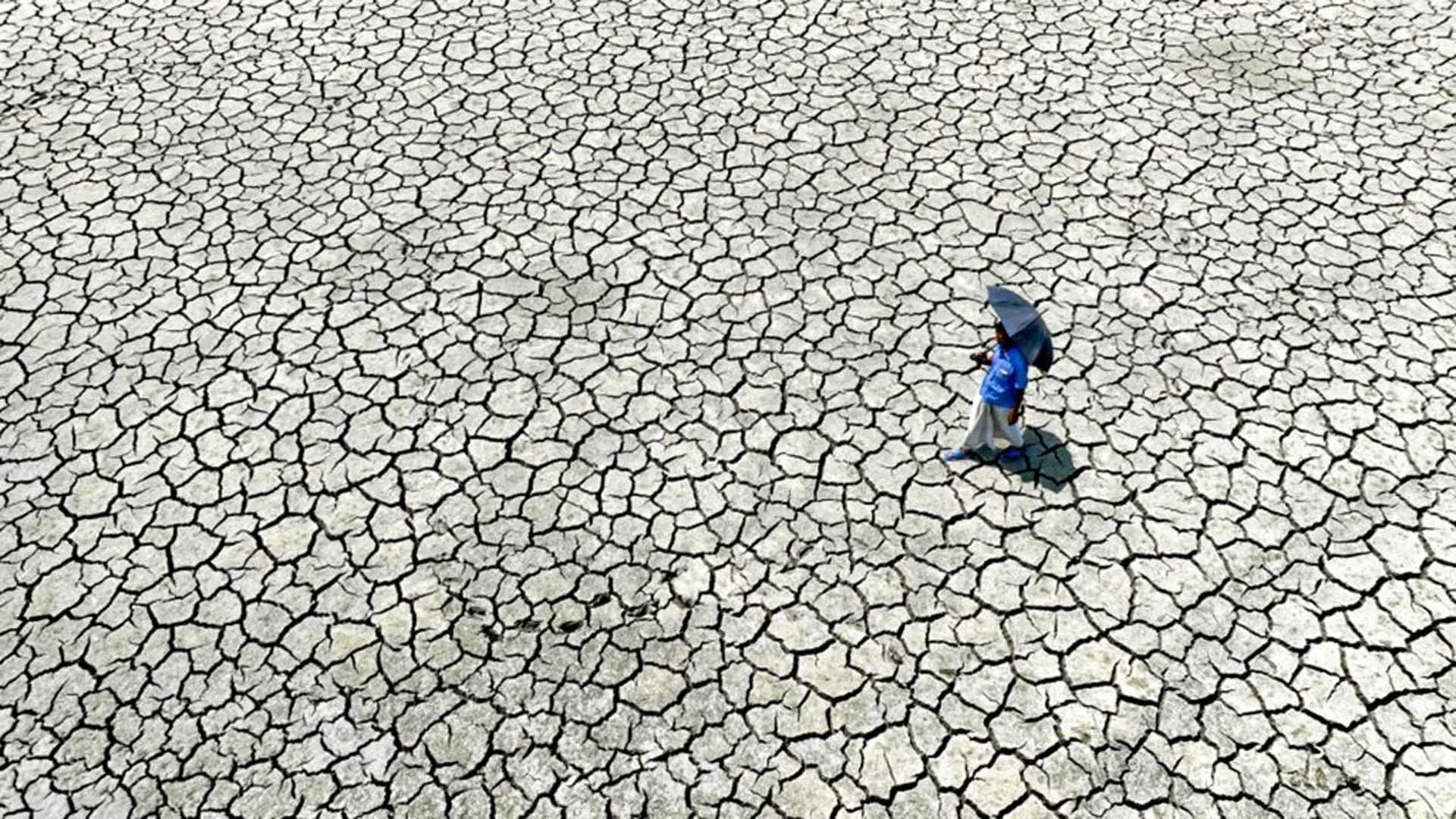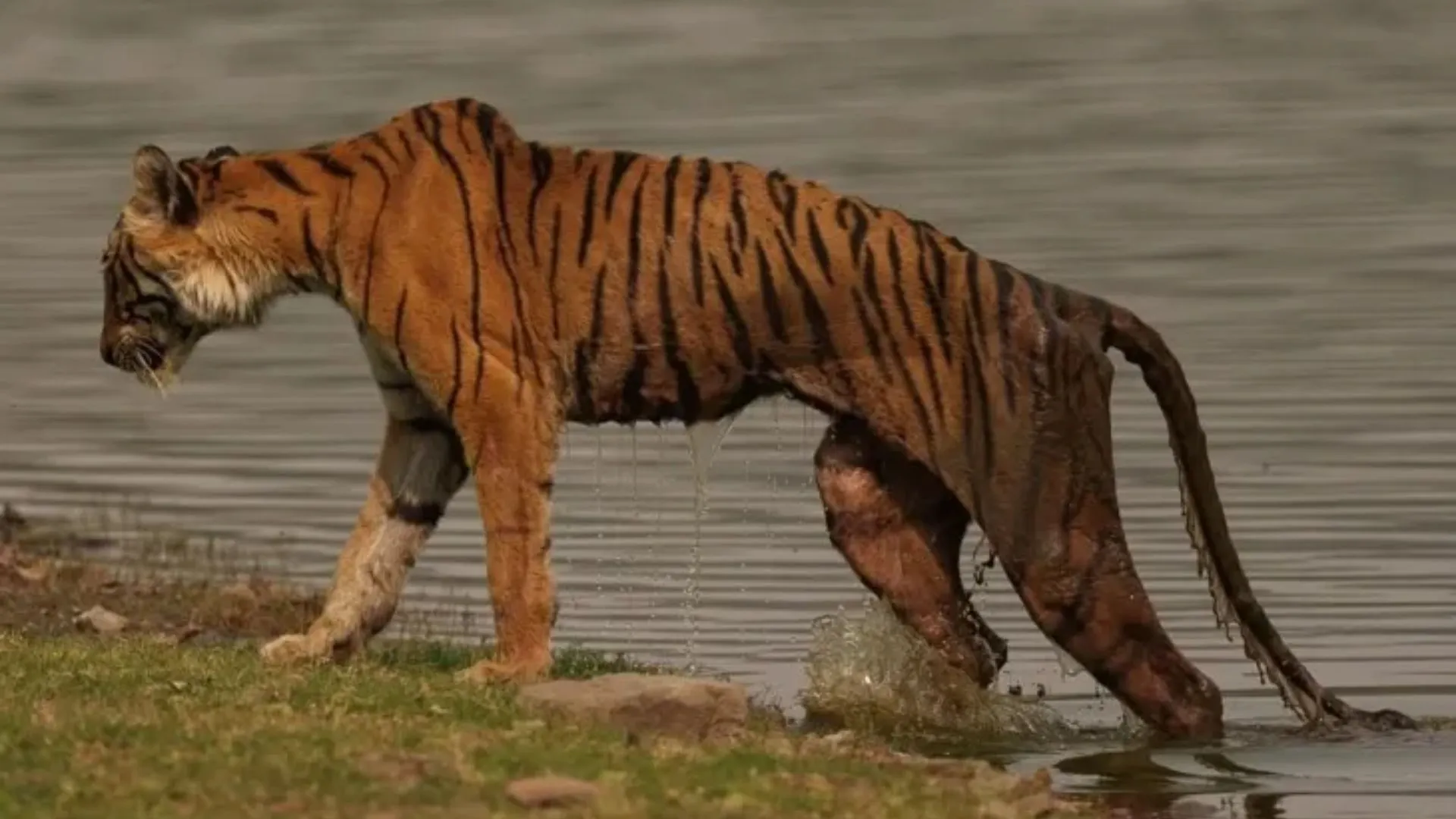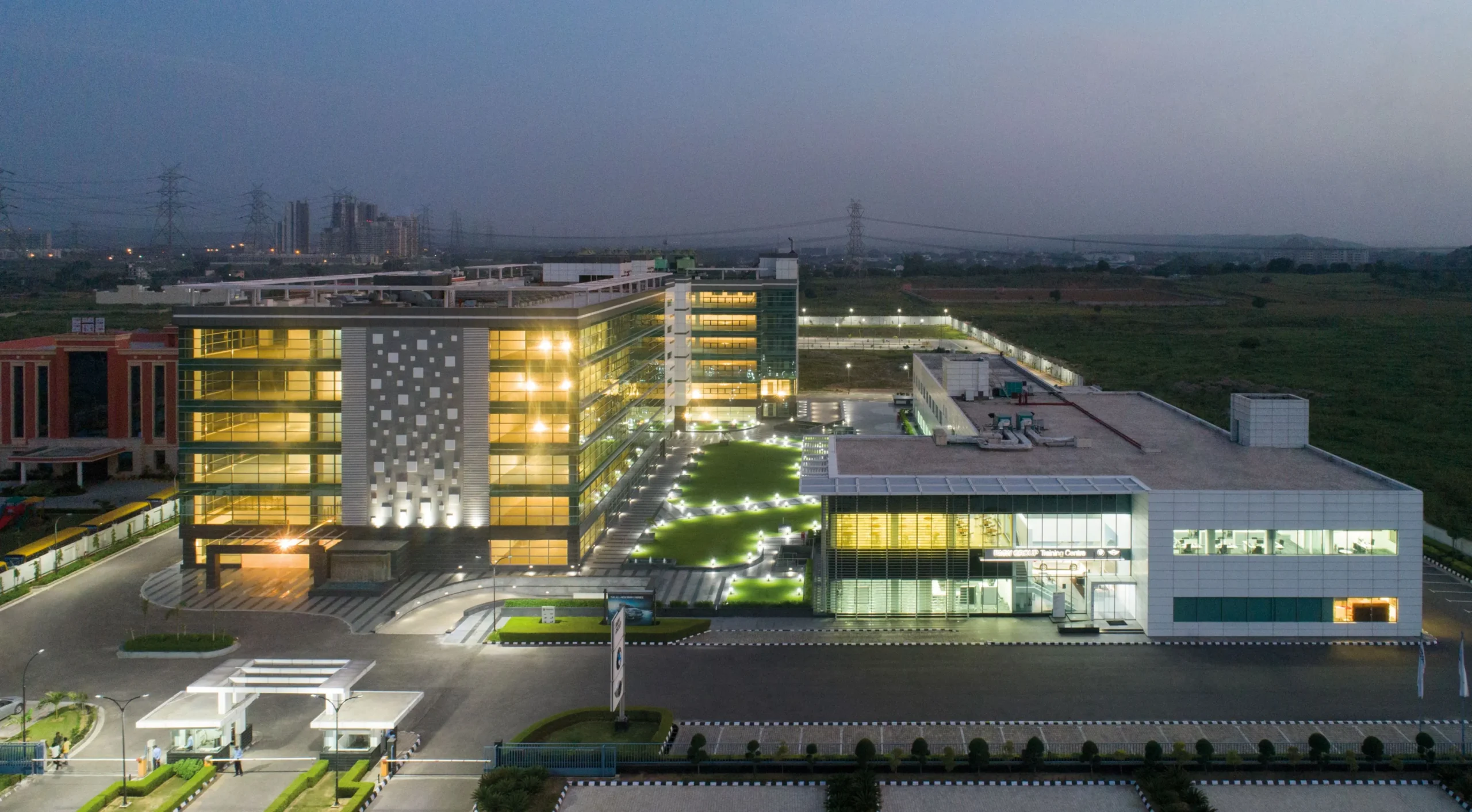A new report from the UN Convention to Combat Desertification (UNCCD) and the US National Drought Mitigation Center (NDMC) has shown that the droughts worldwide from 2023 to 2025 have become an unprecedented global crisis. Based on hundreds of data sources, the report documents the catastrophic extent of drought effects on continents, disturbing food systems, paralyzing energy supplies, and pushing millions into desperation.
Europe and the Mediterranean Under Stress
As of June 2025, roughly 35 percent of the UK and the EU are still under drought warning. The worst-hit regions are southern Spain, Türkiye, Cyprus, Greece, and extensive parts of Ukraine and the Balkans.
Spain has suffered back-to-back years of severe heat and drought, reducing its olive harvest by 50 percent and doubling olive oil prices. Agriculture, water supply, and tourism have been hit by the drought all at once.
In Türkiye, water beneath the ground has led to sinkholes that destroyed houses and infrastructure. “The Mediterranean countries represent canaries in the coal mine for all modern economies,” Dr. Mark Svoboda, director of NDMC and co-author of the report, said. “The woes in Spain, Morocco, and Türkiye are a warning for others.”
Africa: Humanitarian Disaster Unfolding
The hardest-hit are Eastern and Southern Africa, with over 90 million people threatened by hunger. In Somalia alone, 43,000 individuals lost their lives because of hunger caused by drought in 2022. By 2025, over 4 million Somalis will experience crisis-level food insecurity.
Zambia’s Zambezi River had fallen to only 20 percent of its normal level in April 2024, bringing the nation’s primary hydroelectric dam to a mere 7 percent generation of electricity. This resulted in daily power blackouts of up to 21 hours.
“This is not simply weather,” wrote Dr. Kelly Helm Smith, co-author and assistant director at NDMC. “It’s a social, economic, and environmental emergency.”
Americas Hit by Environmental Collapse
In Brazil’s Amazon Basin, rivers have hit record low levels. Whole towns were stripped of access to clean drinking water, with mass fish and dolphin deaths being reported. Without waterways available, transportation ground to a halt, trapping rural communities.
The Panama Canal, one of the globe’s busiest commercial waterways, cut daily vessel transits from 38 to 24 in late 2023 and early 2024 because of low water levels. The disruption affected international shipping and raised freight rates around the world.
Asia’s Agriculture and Trade Disrupted
Drought in Southeast Asia has hit rice, sugar, and coffee production hard. India and Thailand experienced water shortages that increased US sugar prices by 8.9 percent. The shortages enhanced the crisis, spreading food insecurity across the world.
Throughout all regions, women and children have been the hardest hit. In Eastern Africa, forced marriages of children more than doubled as families turned to dowries in a desperate attempt to survive. In Zimbabwe, hunger and poor sanitation led to school dropouts, particularly among girls.
“The coping strategies we observed during this drought became more and more desperate,” said Paula Guastello, drought impacts researcher for NDMC.
The Urgent Need for Action
The UNCCD-NDMC report calls on global leaders to move quickly. It suggests early warning systems, enhanced monitoring, and enhanced infrastructure to provide secure water and energy supplies. It asks for collaboration to protect international rivers and trade routes.
Nature-based solutions—such as watershed restoration and drought-tolerant crops—are highlighted, as well as inclusive approaches that focus on women and girls.
Drought advances, suck the life from resources, and leaves lives in ruin in slow motion,” noted UNCCD Executive Secretary Ibrahim Thiaw. “Its wounds cut deep.”
“It is here, worsening, and requires immediate global action. When energy, food, and water all vanish simultaneously, societies begin to collapse. That’s the new normal we must prepare for,” he added.























